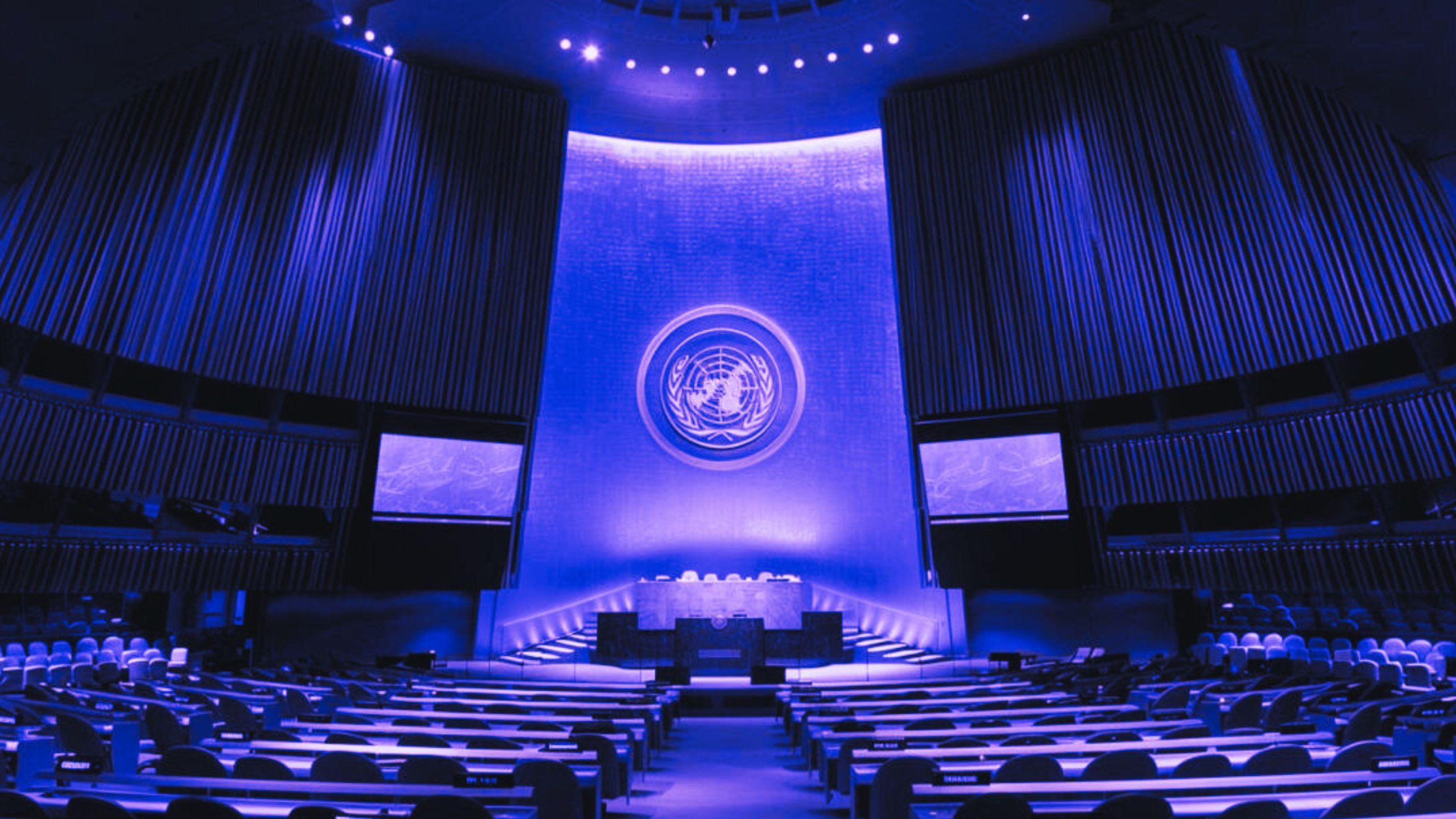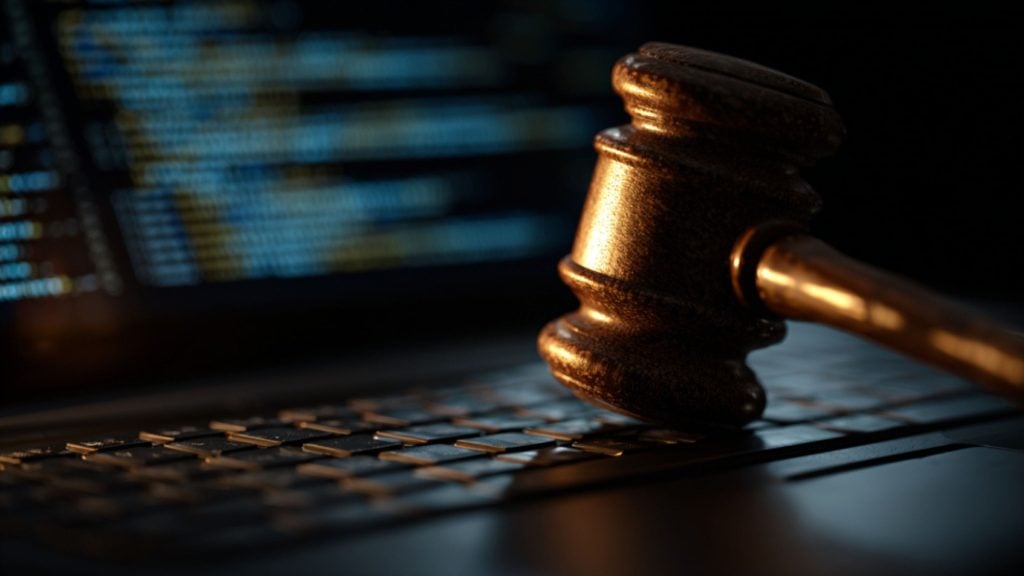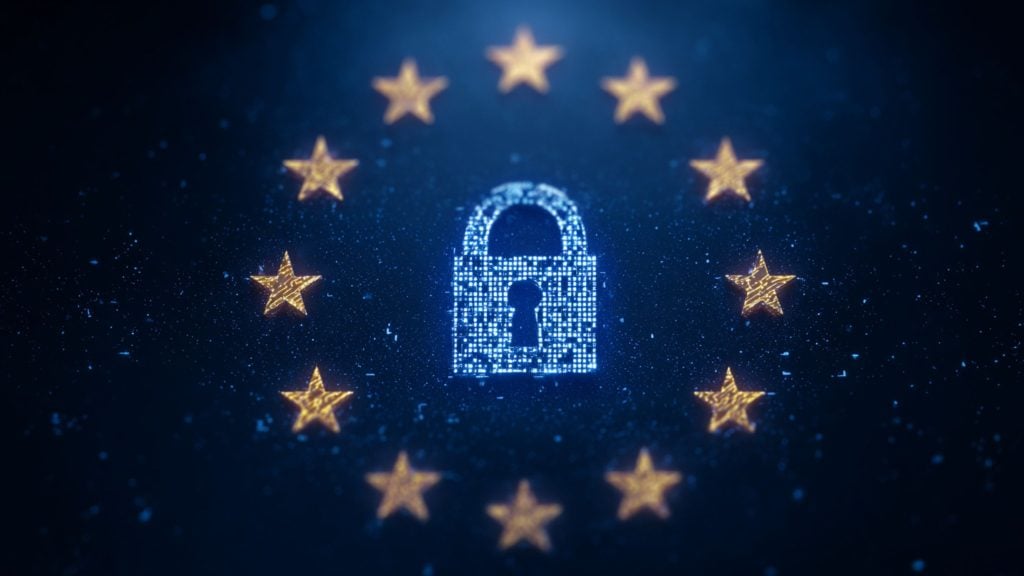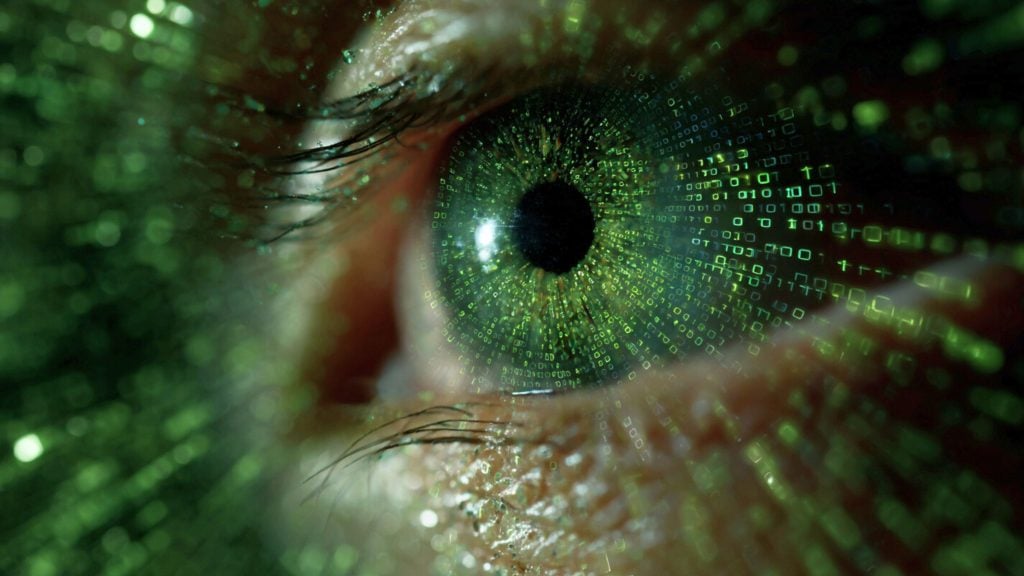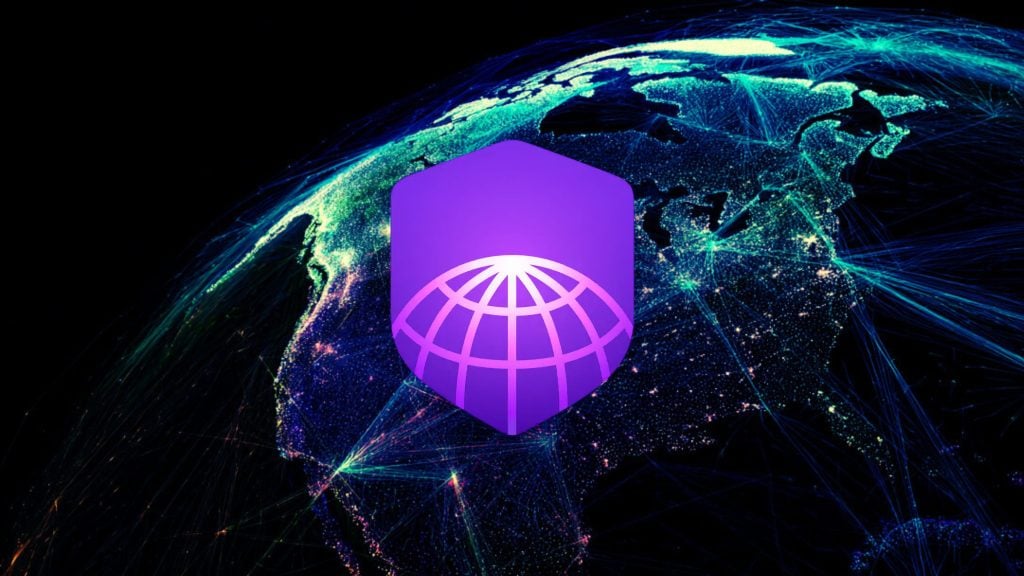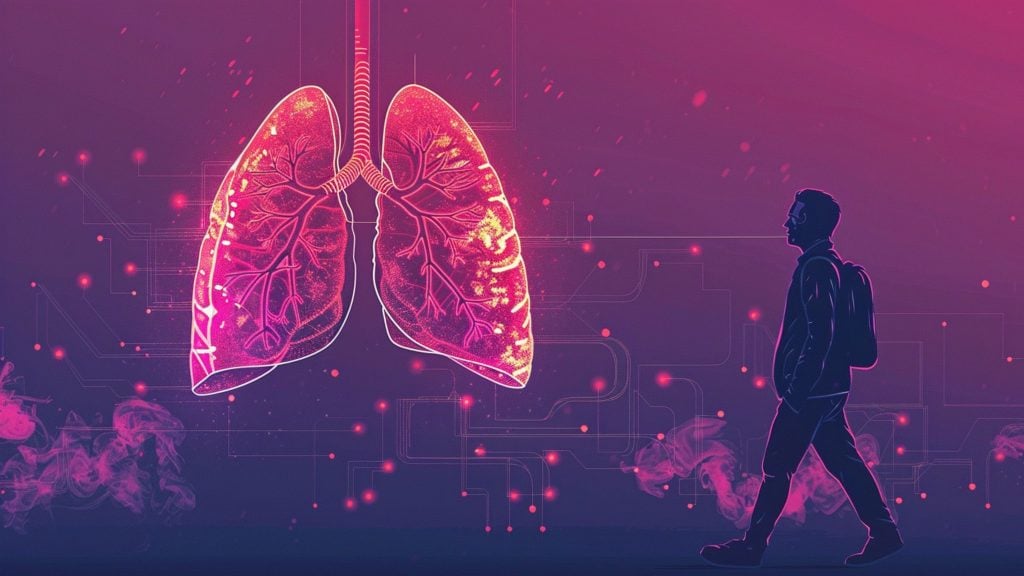There’s a joke about the United Nations. It goes something like this: if you want something done with maximum deliberation and minimal speed, ask the UN to take it on. It’s not exactly a gut-buster, but in the world of global governance, it lands because it’s true. But now, in a world swirling with algorithms, misinformation, and artificially intelligent beings who, unlike toddlers, never sleep, the UN has decided to enter the AI ring. Yes, the same UN that’s still trying to get all 193 of its member states to agree on what’s for lunch.
So, what’s happening here? A new report suggests that the United Nations wants to establish its very own AI babysitting service. Imagine something akin to the Intergovernmental Panel on Climate Change, but instead of trying to save us from melting glaciers, it’s here to save us from an AI-driven future where deepfake videos are supposedly a major problem.
We obtained a copy of the report for you here.
But before we dive into this report’s recommendations (and oh, are they vast), let’s address the most important question: Is the UN, the world’s go-to for polite disagreement and watered-down resolutions, really equipped to keep up with something like artificial intelligence?
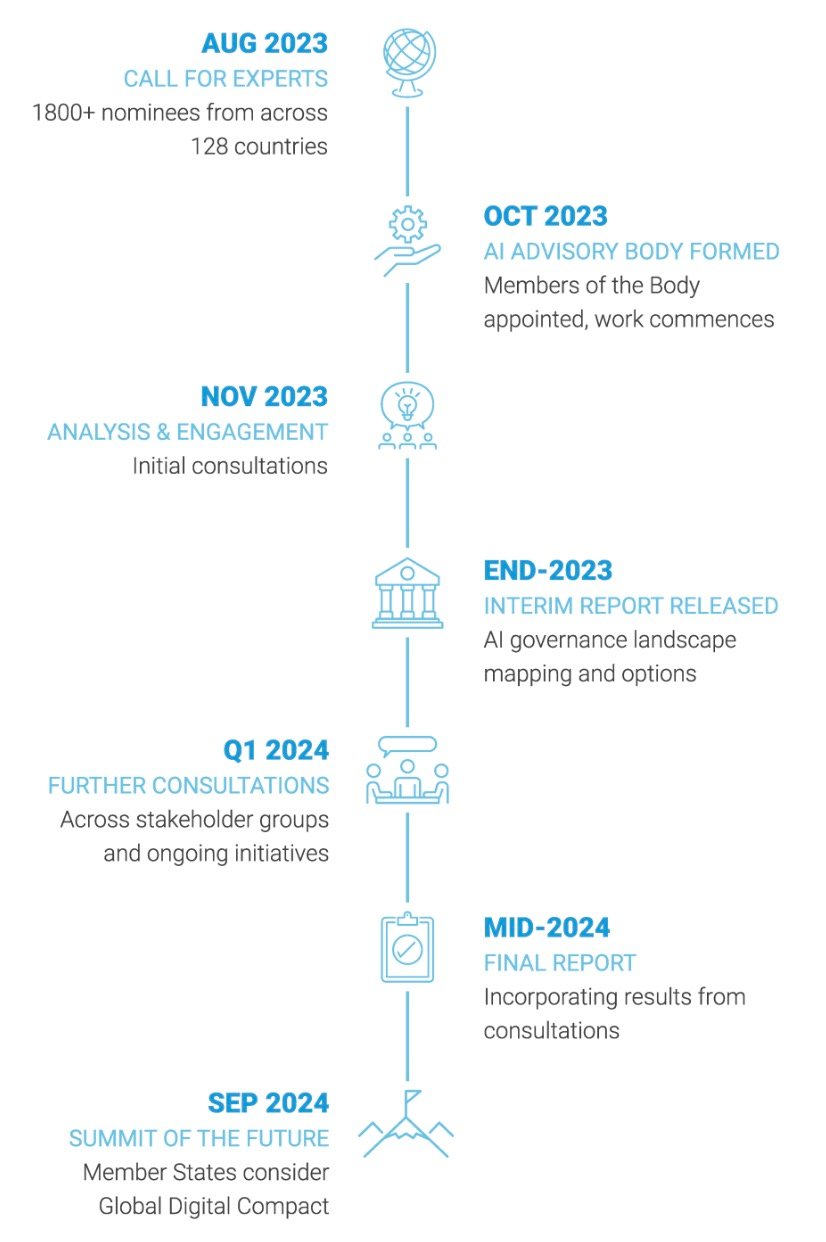
AI: The Wild West or Just Another Day in Cyberspace?
The report is concerned—very concerned—about AI’s potential to spread misinformation, the modern-day equivalent of whispering the wrong answer on purpose in a game of telephone, but on a global scale. We’ve all seen those deepfakes and memes, like the ones where Tom Cruise is somehow everywhere and nowhere at once. But, according to the UN, these aren’t just TikTok party tricks; they’re threats to democracy, truth, and—let’s be real—probably the world economy.
Enter the proposed AI babysitting panel, or as the UN would call it (because everything needs a fun acronym), something like the Global Artificial Intelligence Taskforce for Universal Safety. The goal? To corral the world’s 193 member states into one room—virtually, of course—and get them to agree on how to keep AI from wreaking total havoc.
Alondra Nelson, an advisory body member who was graciously loaned to the UN by the White House and State Department, says it best: “There is a global consensus on the potential benefits and threats of AI.” Let’s break this down. “Consensus” here probably means they’ve agreed it’s terrifying, and beyond that? Well, good luck. Nelson’s enthusiasm underscores the delicate, and dare I say, naïve optimism required to take on something as vast as artificial intelligence.
Regulation for All—But Especially the Global South
Here’s where things get interesting. Not only does the report outline a shiny new AI body, but it also calls for a fund to help the global south get in on the action. Imagine it: countries who are still ironing out Wi-Fi issues are being told they’re now part of the international AI regulatory community. It’s not entirely absurd—helping these countries develop governance mechanisms is crucial—but it’s a bit like handing the car keys to someone who’s never driven. Sure, they can learn, but maybe not at 100 miles an hour, which is how fast AI is moving these days.
And while we’re at it, let’s talk about the balance of power here. China and the US have their own thoughts on how to regulate AI. The US, of course, wants “safe, secure, and trustworthy” AI, which sounds lovely until you remember that “trustworthy” is doing a lot of heavy lifting there. Meanwhile, China is all about “cooperation” and ensuring everyone has access to AI, which, depending on how you interpret it, could mean anything from friendly tech sharing to global cyber dominance.
But really, it’s not just about the technology. It’s about the power to control the narrative. And therein lies the rub: who gets to decide what counts as truth in an age where AI could potentially manufacture reality on demand? Misinformation might be the spark, but freedom of speech is the tinder, and one wrong move could ignite a global debate that makes Twitter wars look tame.
The Verdict: Will the UN Save Us from Our Own Creations?
So, what’s next? It all comes down to the details of implementation. And if you’ve ever read the fine print on anything, you know that’s where the devil lives. The UN might be stepping up to the plate, but we’re talking about a batter who’s trying to hit a home run while the ball’s moving at the speed of light—and is possibly a hologram.

